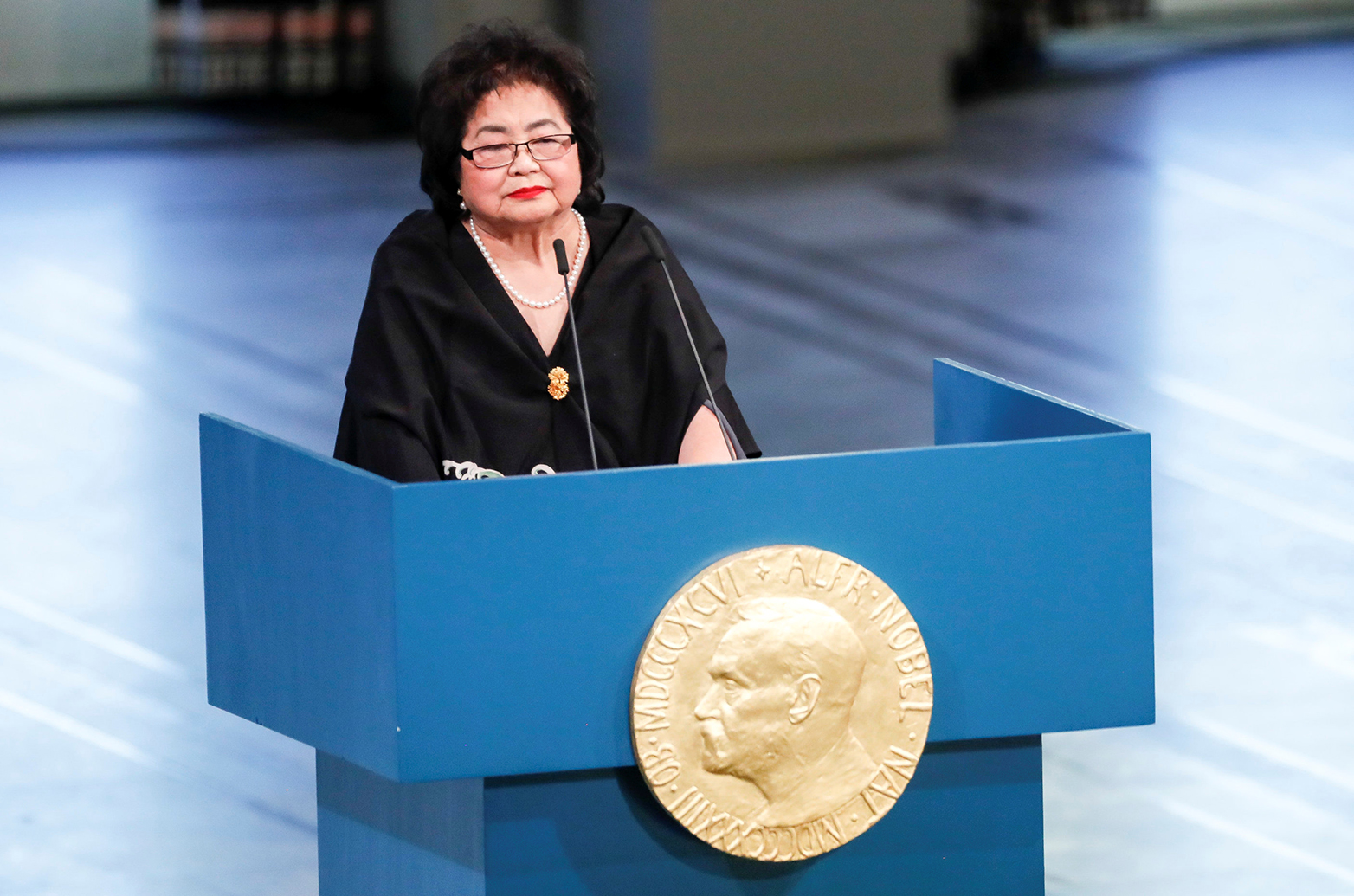Europe and the Nuclear Ban Treaty
The nuclear ban treaty’s entry into force gives its advocates in parliaments and civil society momentum to increase pressure on nuclear-armed states and their military allies. This is notably the case in Europe, where the treaty’s impact on longstanding positions could affect nuclear disarmament efforts on a global scale, argues Névine Schepers in this CSS Analysis.

On 22 January 2021, the Treaty on the Prohibition of Nuclear Weapons (TPNW, or the nuclear ban treaty) entered into force. The TPNW’s main prohibitions, which only apply to its members, include a ban on the development, testing, production, possession, transfer, use of, or threat to use nuclear weapons. The latter points in part to deterrence doctrines, which rely on the credible threat of nuclear retaliation – a policy that the TPNW wants to delegitimize. The treaty also seeks to emphasize the inhumane nature of nuclear weapons as well as the catastrophic human and environmental consequences their use would have.